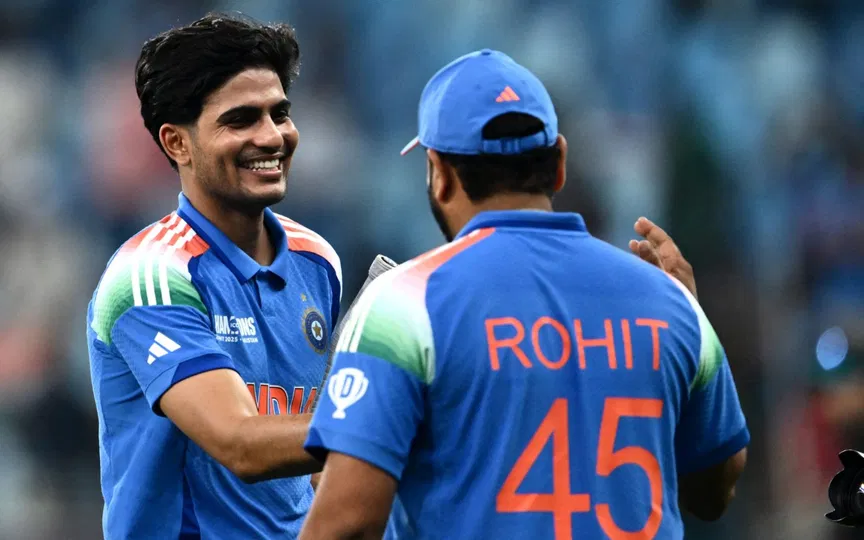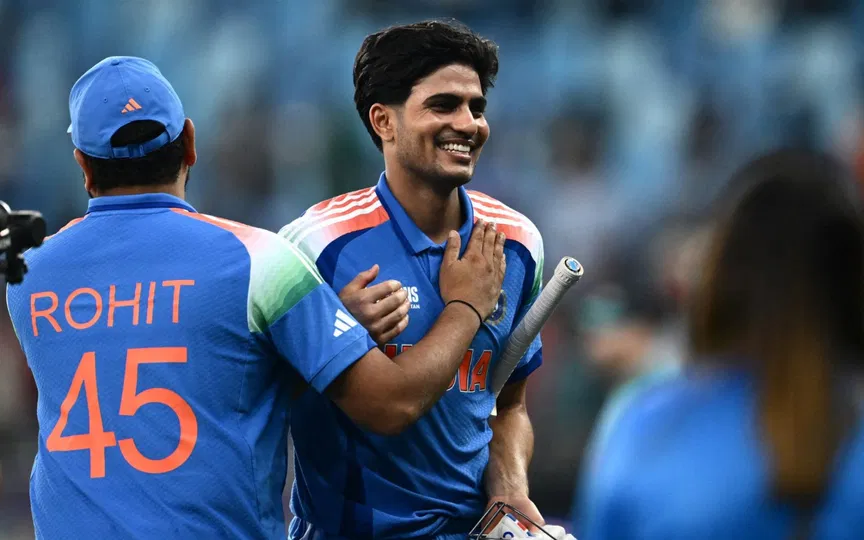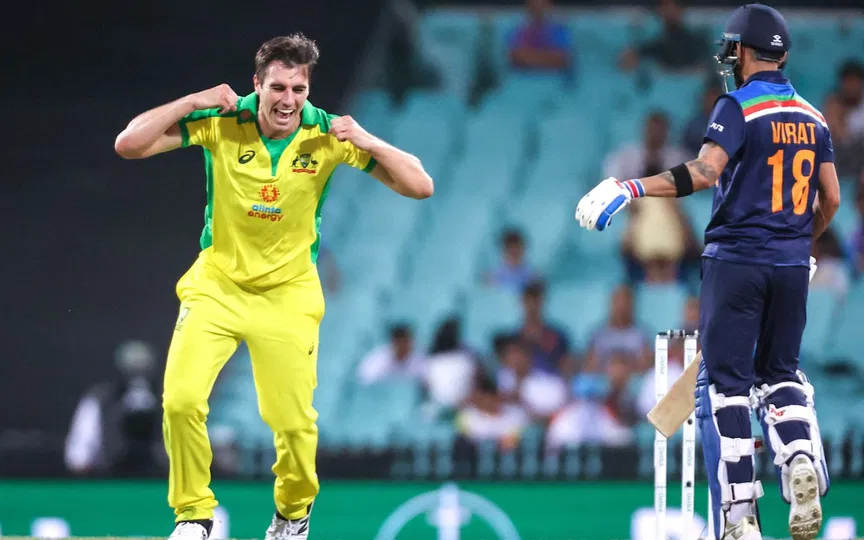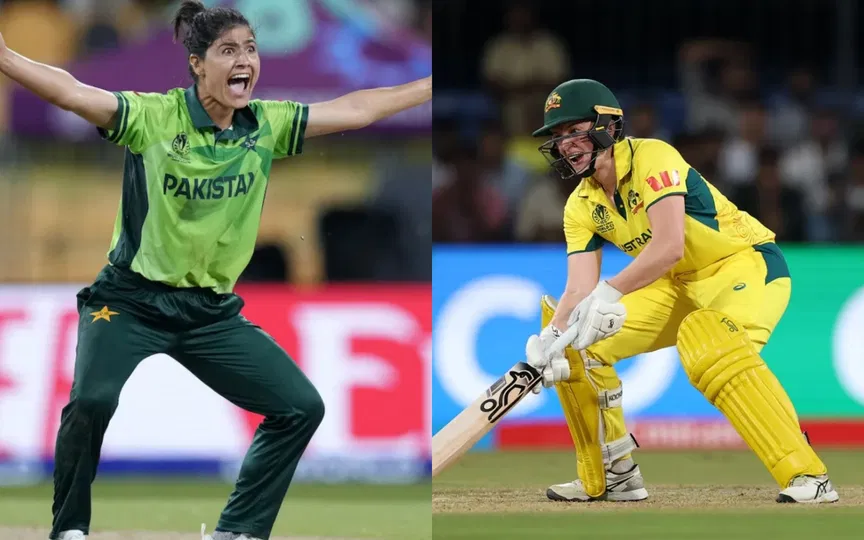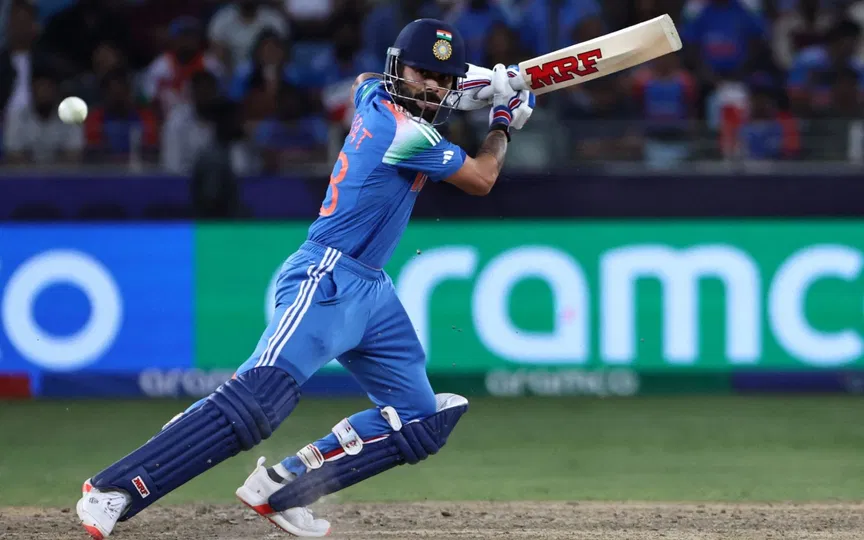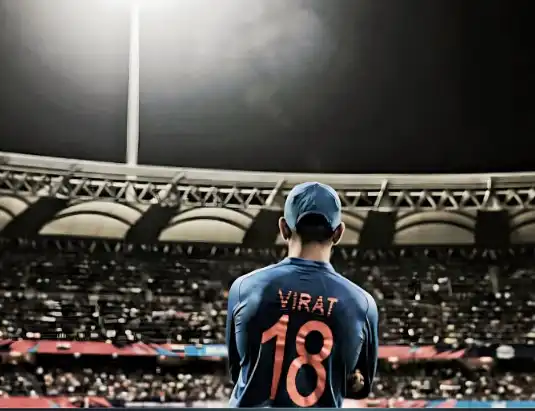![Shubman Gill is India's new ODI captain [Source: @GillPrince07, @SelflessCricket, @cricketworldcup/x.com]](https://onecricketnews.akamaized.net/parth-editor/oc-dashboard/news-images-prod/1759824921260_IndiaODIcaptaincychangeAustralia.jpg?type=hq) Shubman Gill is India's new ODI captain [Source: @GillPrince07, @SelflessCricket, @cricketworldcup/x.com]
Shubman Gill is India's new ODI captain [Source: @GillPrince07, @SelflessCricket, @cricketworldcup/x.com]
When India decided to move on from Rohit Sharma as ODI captain, it wasn’t about form or failure, it was about timing. For once, the selectors took the emotion out of the equation and made a call that was as cold as it was calculated.
Rohit Sharma’s captaincy numbers speak for themselves. An average over 50 as a batter, a strike rate brushing 112, a 75% win percentage as captain and a team that looked like a well-oiled machine. Yet, the move to hand the baton to Shubman Gill feels more like strategy than sentiment.
And that is exactly what Australia mastered during their golden era: taking tough calls when their legends were still on top, not after the wheels came off.
How the Aussies set the gold standard
Back in the late 90s and early 2000s, Australian cricket was a juggernaut. But behind that dominance was a system that didn’t blink when it came to change.
When Steve Waugh was still winning Tests for fun with a World Cup under his belt, the selectors tapped Ricky Ponting on the shoulder and said, “You’re next.” It wasn’t because Waugh was failing. It was because they were thinking three years ahead.
That transition was clinical. No farewell drama, no leaks, no whispers. Waugh bowed out with dignity and Ponting took over seamlessly.
Years later, they repeated the same trick. Ponting to Michael Clarke, Clarke to Steve Smith. Smooth, ruthless, professional. The Aussies never waited for form to fall off a cliff; they always had the next man ready before the old guard hit the brakes.
India finally takes a page out of that playbook
For years, Indian cricket couldn’t stomach that kind of unsentimental clarity. Legends were allowed to fade, transitions turned messy and every leadership change came with drama.
But the Ajit Agarkar-led selection panel seems to have changed the narrative. They have made the sort of forward-looking decision that was once alien to Indian cricket: replacing a successful, beloved captain not because he failed, but because the future demanded it.
At 38, Rohit’s time at the helm was always going to be finite. The 2027 World Cup is still a fair distance away and India didn’t want to be caught flat-footed without a plan.
In comes Shubman Gill: calm, assured and already carrying the air of a long-term leader. The move feels less like an ending and more like a carefully scripted passing of the torch.
Agarkar’s no-nonsense approach
One thing that stands out about this selection setup is how direct it is. No hush-hush boardroom games, no public speculation. Ajit Agarkar and his team have been upfront, respectful and most importantly decisive. They have handled transitions the way Australia used to: firm but fair.
Rohit and Virat Kohli weren’t pushed; they were simply told the truth that the focus was shifting toward the future. Kohli himself handled it gracefully, acknowledging that the next chapter belonged to the younger generation. It is the kind of clear, honest communication that India’s selection panels once sorely lacked.
The Ponting effect, Indian edition
There is a familiar ring to what is happening now. Just like Ponting was mentored under Waugh’s watch before taking over, Gill has had the same privilege under Rohit. The young gun has seen how a dressing room operates under a calm, composed leader. Now, it is his turn to shape it in his own style.
India’s leadership bench is deep Hardik Pandya, Shreyas Iyer, Rishabh Pant, all proven leaders in their own right. But Shubman Gill feels like the long-term bet. Much like Australia once prepared a leadership queue. Ponting behind Waugh, Clarke behind Ponting, Smith behind Clarke. India finally has a line of succession that feels thought out, not reactionary.
From emotion to evolution
The Rohit-to-Gill handover is about culture. For the first time, Indian cricket seems to be thinking like a champion team: detached, forward-looking and unafraid to evolve. Australia’s golden era was built on structure, not emotion. And now, India appears to be walking the same path.
Rohit’s chapter as skipper might be closing but his legacy is safe, much like Waugh’s, much like Ponting’s. Because when a great captain steps aside and the team keeps winning, that is the true sign of leadership.
India’s ODI future looks set. And if the lessons from Australia’s playbook are anything to go by, this transition could be the moment that defines a new era, one where Indian cricket stops chasing the past and starts building its own version of dominance.
